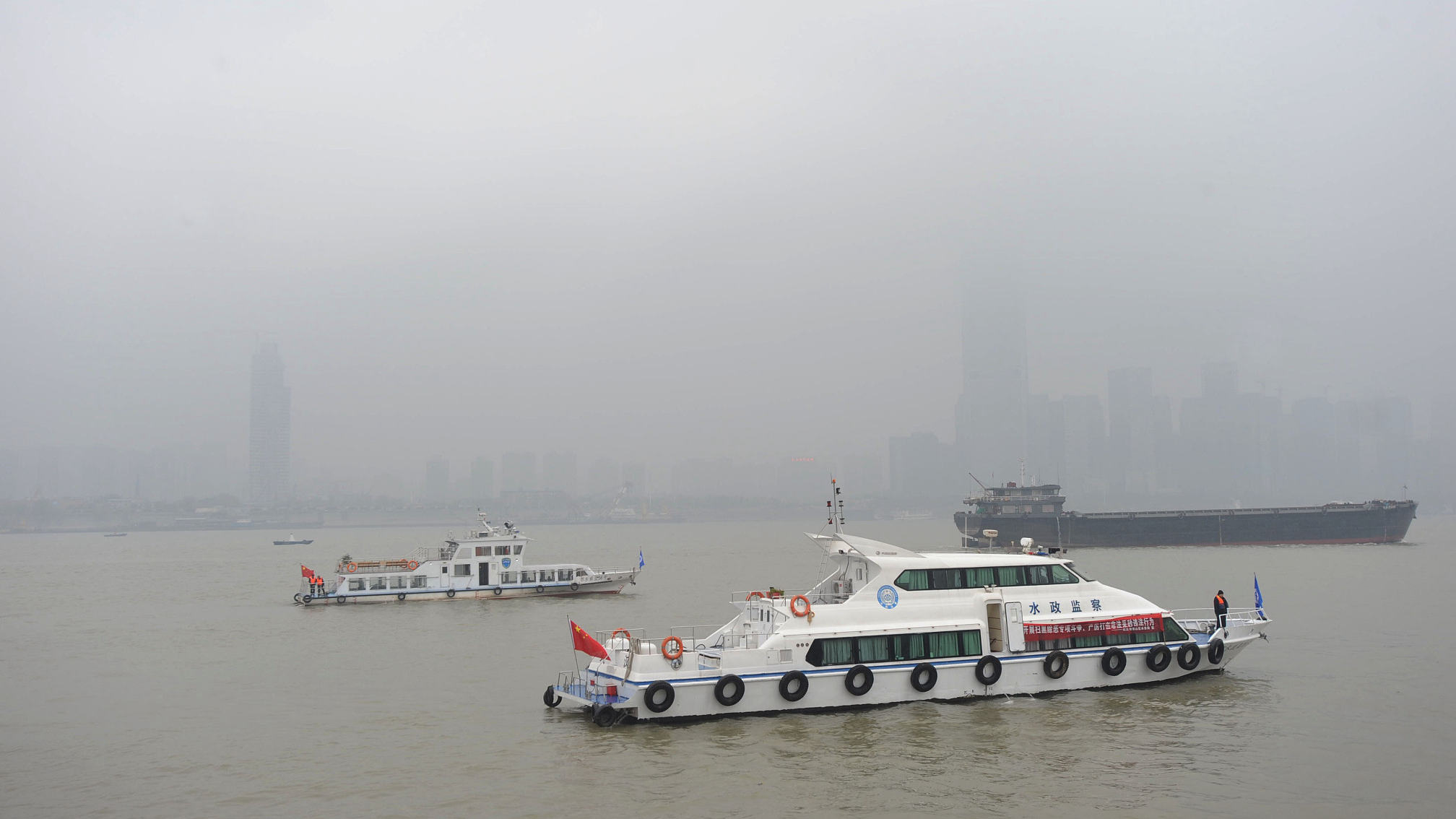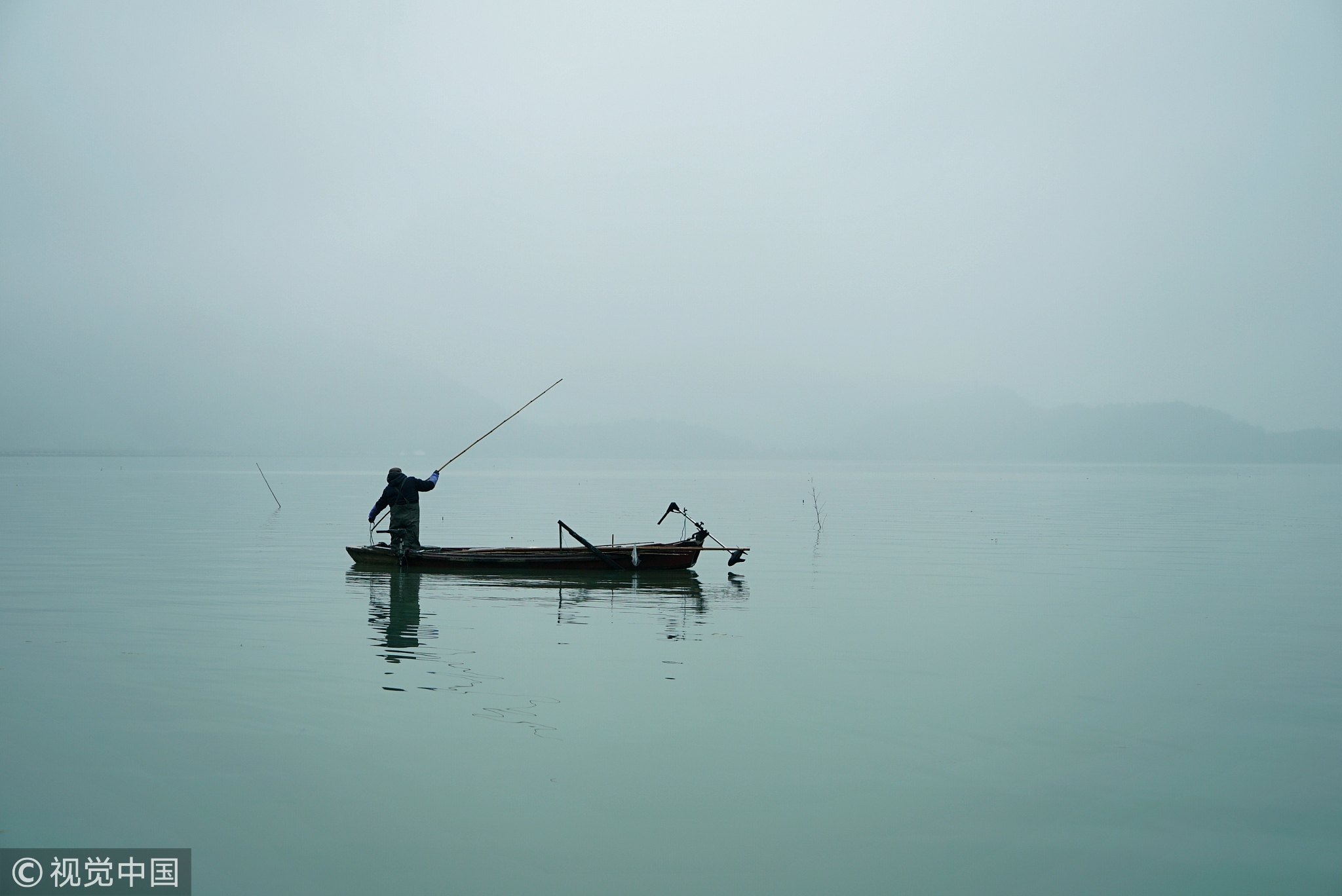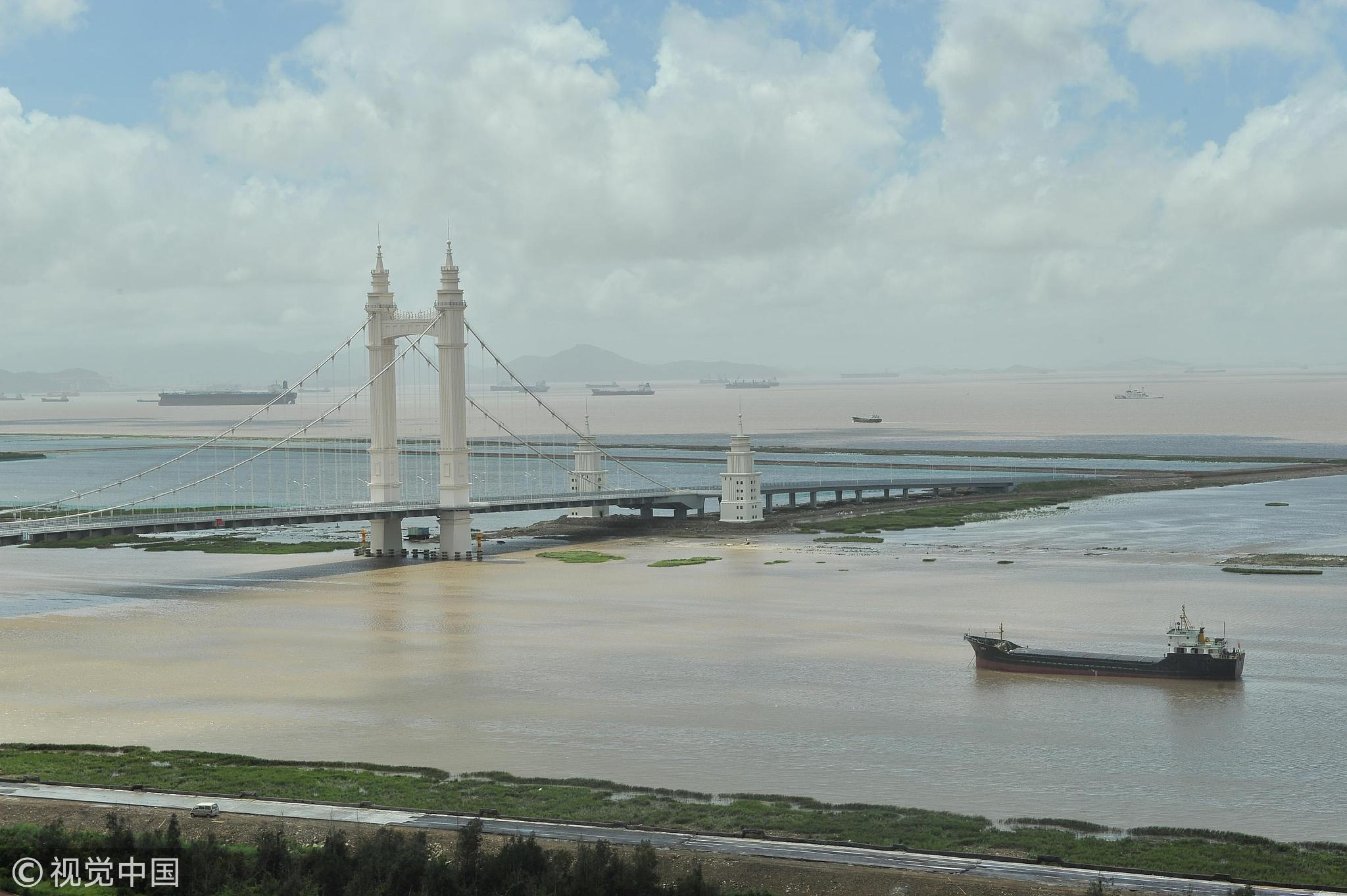
Opinions
22:44, 06-Jan-2019
Opinion: Yangtze River Economic Zone: History and future
Updated
22:18, 09-Jan-2019
Chen Jiahe

Editor's note: Chen Jiahe is the chief strategist at Cinda Securities. The article reflects the author's opinion, and not necessarily the views of CGTN.
Many years ago when I was a student at the History Faculty at Oxford University I learned a very important principle: Everything has a history and if you don't know about its history, it is really difficult to predict its future. I firmly believe in this principle; when I try to understand things around me, I look at their history first. This applies to how I see China's Yangtze River Economic Zone as well.
In the downstream of the Yangtze River, the longest river in China, there is a city called Ningbo. Ningbo is not a huge city like Shanghai or Beijing, but if you are familiar with China's equity market, you must have heard about the city.
Ningbo has many great listed companies, such as Shenzhou International (2313.HK), Bank of Ningbo (002142.SZ), and Youngor Group (600177.SH), among others. In fact, if you scan through the listed companies in China, you'll find many more companies that started their businesses in Ningbo.

Ningbo is located in China's eastern Zhejiang Province in the Yangtze River Economic Zone. /VCG Photo
Ningbo is located in China's eastern Zhejiang Province in the Yangtze River Economic Zone. /VCG Photo
So why does Ningbo have so many successful companies? If you look through China's commercial history, you can find the answer. In the Ming and Qing dynasties, there were 10 famous regional business groups in China, one of which was Ningbo Business Group (Ningbo Shangbang).
I once spoke to a banker who worked in Ningbo. He told me that doing banking business is easy. He said, "Everyone does his or her best to pay back the loan. You don't have to worry about anything." The credibility of people in Ningbo illustrated in this small example has its roots in history.
There is another example. I once worked with around 300 employees at the Bank of Ningbo for a day. During their work, there was little issue of bureaucracy and the staff communicated with each other freely and efficiently. I believe this way of working is vital to business success and a result of hundreds of years of development.
While Ningbo is just one city in the Yangtze River Economic Belt, the whole region alongside the Yangtze River has an even more famous commercial history: the South Song Dynasty, which existed in China 800 years ago.
If you ask historians about which dynasty was the strongest in China's history in terms of the power of military, politics, or international influence, you'll find there is hardly any agreement. However, if you ask "Which one is the richest regarding the per capita GDP?" you will easily get your answer: the South Song Dynasty.
According to a book written by Yulu Chen, who is currently the vice governor of the People's Bank of China (PBOC), China's central bank, the per capita GDP during the South Song Dynasty reached around 2,600 U.S. dollars in 1980 rates. Remember that the period when the South Song Dynasty ruled was from 1127 AD to 1279 AD.

Zhoushan, China's Zhejiang Province, is located in the Yangtze River Economic Zone. /VGC Photo
Zhoushan, China's Zhejiang Province, is located in the Yangtze River Economic Zone. /VGC Photo
Now if you open a historical map of China and check which areas the South Song Dynasty was ruling over, you can find its most populated territory roughly overlapped with the current Yangtze River Economic Zone, which I think should give readers a good idea of the economic importance and potential of this region.
Today Shanghai, which is the largest city in the Yangtze River Economic Zone, has a per capita GDP as high as 20,000 USD, around 40 percent of that of the United States.
Furthermore, other statistics indicate that Shanghai is even more developed than its GDP figure can reveal. For example, the maternal mortality rate of Shanghai is three out of 100,000 – a figure much lower than those of even the most developed countries in the world.
However, while the economic strength of the Yangtze River Economic Zone has been developed over a long period of time in history, there are many issues that still need to be tackled, all of which require effective and firm action by the government, as the market cannot sort them out by itself.
The first is pollution. Along with China earning the title "Factory of the World" is the emergence of severe environmental pollution in industrial areas. The second thing the government needs to do is to establish a good legal environment for businesses to operate in. Other issues include anti-corruption, anti-monopoly, to name but a few.
As China is actively working on them, I am certain that the Yangtze River Economic Zone, with its long and fascinating history, will see people gain generous returns for their businesses and investment there.
(If you want to contribute and have specific expertise, please contact us at opinions@cgtn.com)

SITEMAP
Copyright © 2018 CGTN. Beijing ICP prepared NO.16065310-3
Copyright © 2018 CGTN. Beijing ICP prepared NO.16065310-3